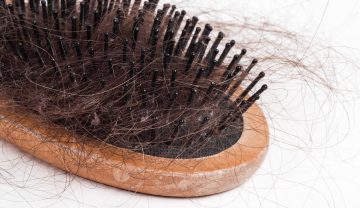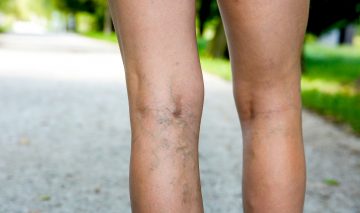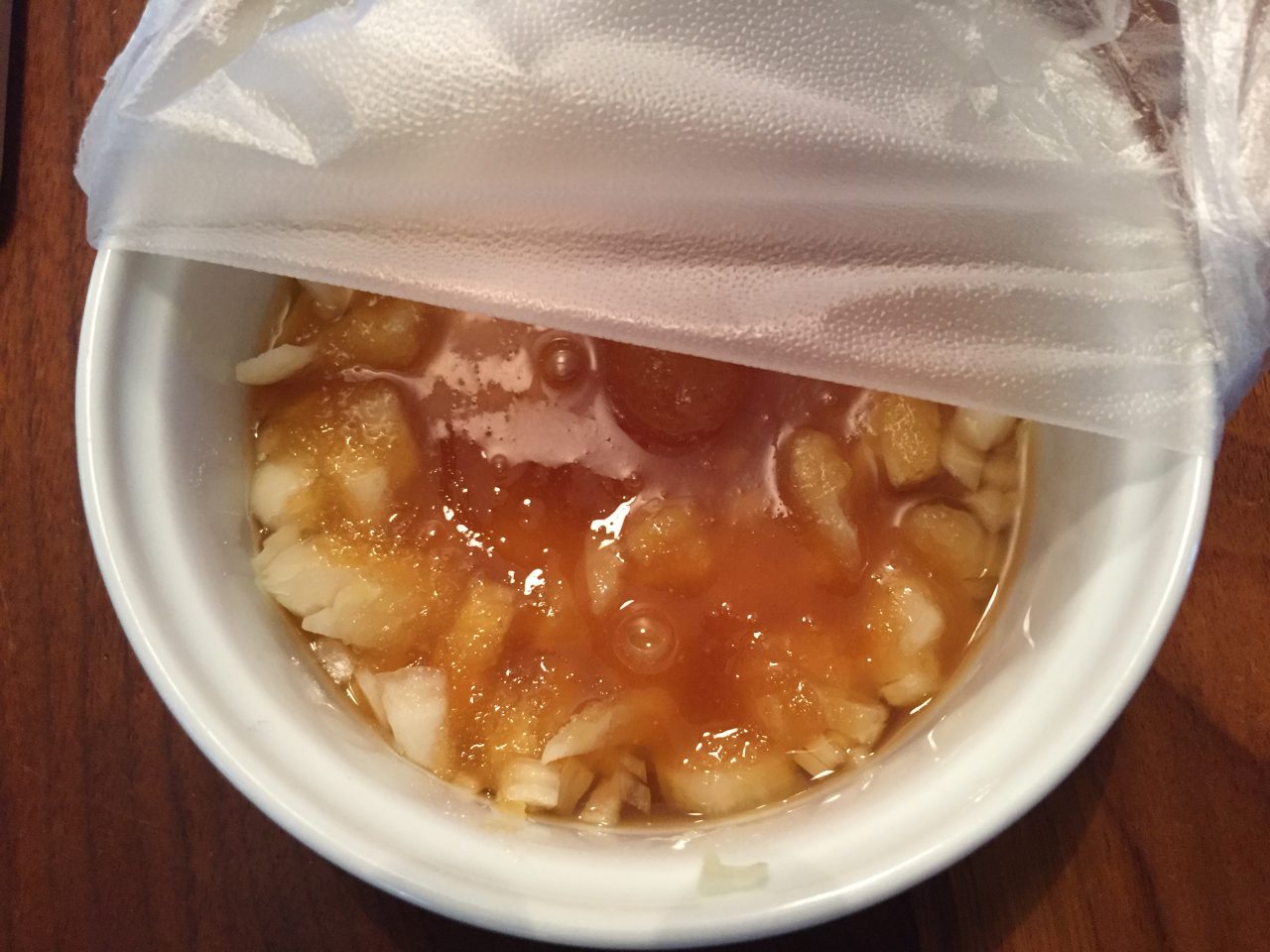Is Your Hair Falling Out?
 Is your hair falling out, and if so, should you be worried about it?
Is your hair falling out, and if so, should you be worried about it?
I never had thick hair, but my pony could always, at least, fill up a hair tie (scrunchy or banana clip in the 80s.) But, these days, my hair is feeling more thin and fine with each shower. The female propecia commercials are haunting me. Is this something to be concerned about, and is there anything I can do about it?
First, a little Hair Biology 101.
– The average scalp has about 100,000 hair follicles. Blondes have more, redheads have less.
– A follicle can grow a few hairs, usually 2-3 at the same time.
– Each hair will grow about 2 – 6 years and then the follicle will take a break and the hair will fall out.
– It is normal to lose anywhere from 50 – 100 strands of hair every day. If your hair is longer, this will look like more hair loss, and will be worse for your shower drain.
– The follicles take breaks at different times, which is why you always have hair on your head — unless you don’t. In some people, follicles stop producing hair, resulting in thinning hair or baldness.
Other than aesthetics, when should hair loss be a concern?
If you notice a greater than normal amount of hair shedding for over 3 months, consult a doctor. It may be caused by a treatable condition such as vitamin deficiency, vitamin excess, anemia, a hormonal imbalance or a thyroid disorder. If the shedding is associated with other systemic symptoms like fatigue, GI problems, unexplained weight loss or easy bruising, see your doctor sooner.
 Common causes of hair loss:
Common causes of hair loss:
— post partum
— cessation of oral contraceptives
— rapid weight loss due to crash diets
— post-illness, after a febrile illness, hair can fall out for a couple of months
— and, my all-time fave, STRESS. Stress can cause hair loss weeks after the anxiety producing incident. Here’s some advice from Hairguard about what you can do about it.
What can you do about it?
For most of us, we will experience some hair loss as we age. It is to be expected. But, if your hair loss seems greater in quantity and duration than usual, see your doctor. There are some easy blood tests that can determine if there is anything that you can treat. In severe cases, dermatologists can help.
In the absence of a true medical problem, the best we can do is decrease stress, maintain a healthy, well-balanced diet and avoid breakage.
Breakage is caused by damage to the hair, but can look like true hair loss. Breakage is caused by over-shampooing, broken or burned hairbrush bristles, chemical treatments and hair accessories that are too tight.
— Try to only shampoo a few times a week.
— Invest in good hair brushes and brush gingerly.
— Don’t use damaging hair ties or head bands.
— Treat yourself to a hair mask or deep conditioning once in a while.
— Turn down the heat on your dryers, straighteners and curlers.
— Use products designed to protect hair prior to heat.
— Don’t wrap your hair in a big towel or dry to aggressively.
Foods rich in vitamins A, Bs and C, folate, omega 3, iron, protein, beta carotene and zinc are good for your hair and scalp — essentially, all that is good for your body is also good for your hair. Theoretically, if you are getting enough vitamins and minerals in your diet, supplementation won’t help. However, I have experienced personal hair and nail strengthening with the addition of a daily multivitamin, even when I think my diet is pretty good.
There are so many things about aging we (want to) take lying down. Hair loss doesn’t have to be one of them!
Are Your Legs Giving Away Your True Age?!
Would You Rather…Give Up Coffee or Wine?
5 Foods to Help Balance the Aging Process
15+ of Our Must-Have Family Games.
How to Survive (& Enjoy) Great Wolf Lodge
What Happens if You Take Too Many Vitamins?
Could Probiotics Help What’s Ailing You?
Try This All-Natural Home Remedy for Cough & Colds





























